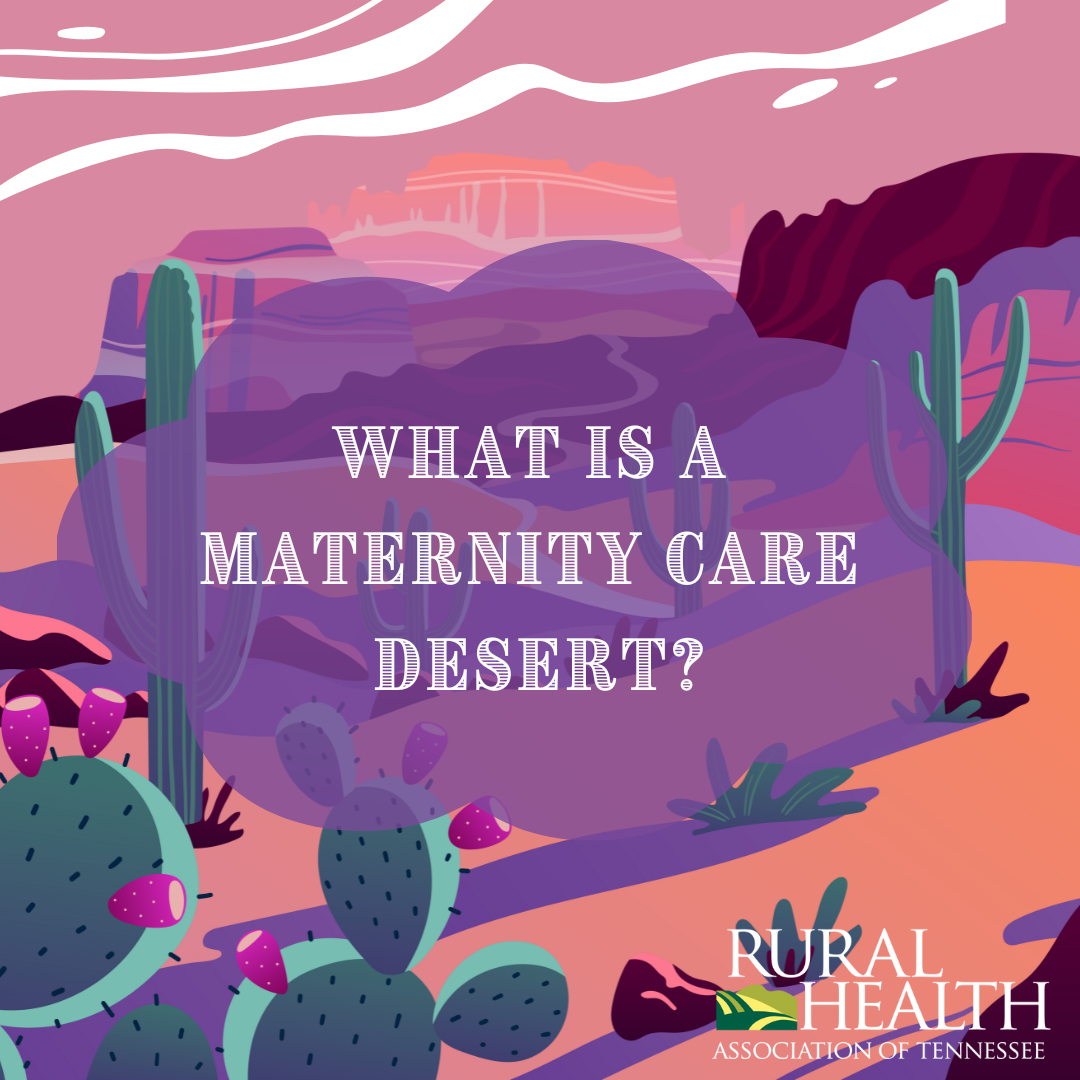 Maternity care deserts pose a significant challenge to rural Tennesseans, where access to comprehensive maternal healthcare services is often limited. In these areas, the shortage of obstetricians, gynecologists, and maternity care facilities creates what are essentially maternity care deserts. Pregnant individuals in rural Tennessee face increased difficulties in finding accessible and timely prenatal care, essential for monitoring the health of both mother and baby throughout pregnancy. The absence of nearby obstetric care providers in these deserts contributes to delayed or inadequate medical attention, leading to potential complications during pregnancy and childbirth.
Maternity care deserts pose a significant challenge to rural Tennesseans, where access to comprehensive maternal healthcare services is often limited. In these areas, the shortage of obstetricians, gynecologists, and maternity care facilities creates what are essentially maternity care deserts. Pregnant individuals in rural Tennessee face increased difficulties in finding accessible and timely prenatal care, essential for monitoring the health of both mother and baby throughout pregnancy. The absence of nearby obstetric care providers in these deserts contributes to delayed or inadequate medical attention, leading to potential complications during pregnancy and childbirth.
The impact of maternity care deserts on rural Tennesseans is evident in the higher rates of maternal and infant mortality, as well as adverse birth outcomes. Limited access to proper maternal healthcare services exacerbates existing health disparities, disproportionately affecting vulnerable populations in these regions. Women in rural areas may encounter difficulties in securing transportation to distant healthcare facilities, further hindering their ability to access timely and necessary prenatal care. As a result, the health outcomes for both mothers and infants in rural Tennessee can suffer, underscoring the urgent need for targeted interventions to address these disparities.
The socio-economic implications of maternity care deserts in rural Tennessee are far-reaching. A lack of accessible maternity care services can contribute to a cycle of poor health outcomes, limiting the overall well-being of communities. Moreover, the economic burden of potential complications arising from inadequate prenatal care can strain families and communities already grappling with limited resources. To address these challenges, policymakers, healthcare providers, and community stakeholders must collaborate to implement strategies that improve access to maternal healthcare services in rural Tennessee, including initiatives to attract and retain healthcare professionals in these underserved areas.
In conclusion, maternity care deserts significantly impact rural Tennesseans by restricting access to essential maternal healthcare services. The resulting health disparities, increased maternal and infant mortality rates, and economic burdens emphasize the pressing need for targeted interventions to address these challenges and ensure equitable access to quality maternity care in rural communities across the state.
Resources
March of Dimes: Maternity Care Desert Report
Tennessee Rural Healthcare Facilities

